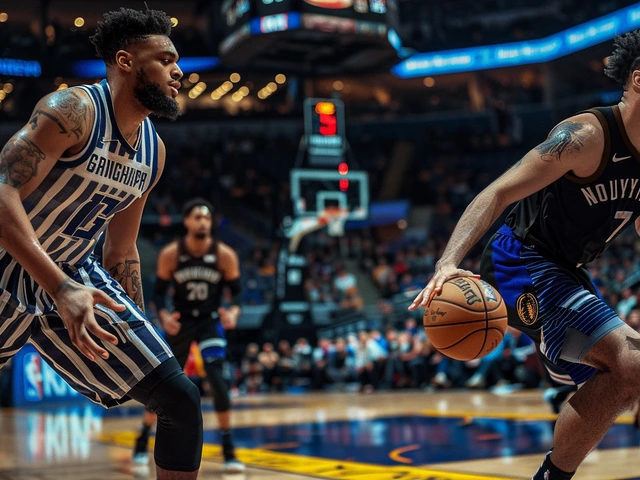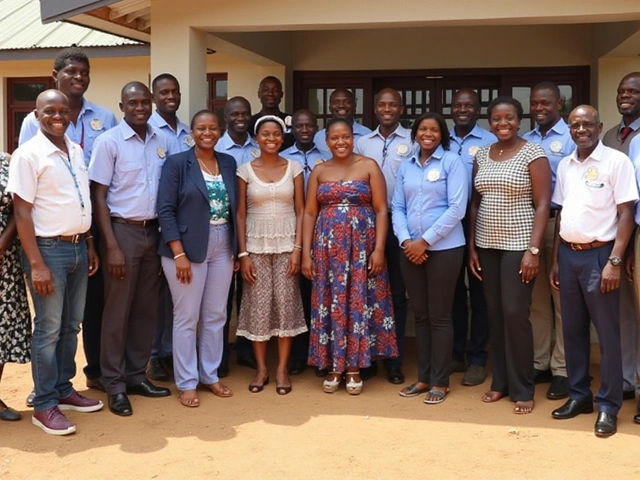Chemotherapy: Understanding How It Works and What to Expect
Chemotherapy is one of the most common ways to treat cancer. But what exactly is it? Simply put, chemotherapy uses special drugs to kill cancer cells or stop them from growing and dividing. Since cancer cells grow faster and differently than normal cells, chemotherapy targets these aggressive cells to help control the disease.
People often hear chemotherapy described as harsh or tough because of its side effects. That’s true to some extent, but knowing what happens during treatment can make it a bit less scary. Chemo drugs travel through your bloodstream and reach cancer cells almost anywhere in your body. This makes chemotherapy a useful option for cancers that might have spread or are hard to remove with surgery.
How Chemotherapy Affects Your Body
Even though chemo targets cancer cells, it can affect healthy cells too. This is why you might experience side effects like nausea, tiredness, hair loss, or mouth sores during treatment. These symptoms happen because chemo impacts fast-growing healthy cells, such as those in your stomach, hair roots, and blood.
Doctors work hard to manage these side effects. There are medications, diet tips, and care routines designed to lessen discomfort and keep you as comfortable as possible. Side effects usually fade after treatment ends.
What to Expect During Chemotherapy Sessions
Each chemotherapy treatment plan is different and depends on the type and stage of cancer. Some people get chemo as pills, while others receive it through injections or IV drips at a clinic. Treatments often happen in rounds with rest periods in between to help your body recover.
It’s normal to have some worries or questions about chemo. Talking with your healthcare team about what’s happening, how you’re feeling, and any concerns is important. They can provide support and adjust your care to fit your needs.
Chemotherapy plays a big role in fighting cancer, sometimes shrinking tumors before surgery or killing leftover cells afterward. While it isn’t easy, many patients come through treatment feeling hopeful and stronger.
If you or someone you know is facing chemotherapy, remember you’re not alone. Lots of resources and support networks exist to help you through each step of this journey.






